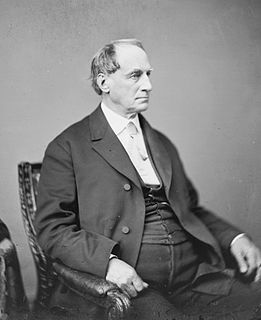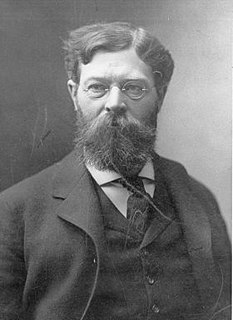A Quote by Caleb Cushing
The winged words uttered in this House have gone forth to the world, on their mission of good or of evil.
Related Quotes
Believers know that the presence of evil is always accompanied by the presence of good, by grace... Where evil grows, there the hope for good also grows... In the love that pours forth from the heart of Christ, we find hope for the future of the world. Christ has redeemed the world: "By his wounds we are healed." (Isaiah 53:5)
In this world, there is no absolute good, no absolute evil," the man said. "Good and evil are not fixed, stable entities, but are continually trading places. A good may be transformed into an evil in the next second. And vice versa. Such was the way of the world that Dostoevsky depicted in The Brothers Karamazov. The most important thing is to maintain the balance between the constantly moving good and evil. If you lean too much in either direction, it becomes difficult to maintain actual morals. Indeed, balance itself is the good.
I am not a speaker nor a preacher. I have no mission to change the world. I have no original words or teaching to give anyone. I reflect only what I've seen and heard - most ordinary, very common. I have no fascination for fresh ideas and activity. All enthusiasm for worldly endeavours and strivings have all but gone. For me, thoughts, words and deeds- the activities of life, are merely the utensils for serving out the 'prasad' of the Being-ness.
The world we live in is a world of mingled good and evil. Whether it is chiefly good or chiefly bad depends on how we take it. To look at the world in such a way as to emphasize the evil is the art of pessimism. To look at it in such a way as to bring out the good, and throw the evil into the background, is the art of optimism. The facts are the same in either case. It is simply a question of perspective and emphasis.
When one has once accepted and absorbed Evil, it no longer demands the unfitness of the means. The ulterior motives with which youabsorb and assimilate Evil are not your own but those of Evil.... Evil is whatever distracts. Evil knows of the Good, but Good does not know of Evil. Knowledge of oneself is something only Evil has. One means that Evil has is the dialogue.... One cannot pay Evil in installments--and one always keeps on trying to.
There is not any present moment that is unconnected with some future one. The life of every man is a continued chain of incidents, each link of which hangs upon the former. The transition from cause to effect, from event to event, is often carried on by secret steps, which our foresight cannot divine, and our sagacity is unable to trace. Evil may at some future period bring forth good; and good may bring forth evil, both equally unexpected.
In the story of the Creation we read: ". . . And behold, it was very good." But, in the passage where Moses reproves Israel, the verse says: "See, I have set before thee this day life and good, and death and evil." Where did the evil come from? Evil too is good. It is the lowest rung of perfect goodness. If you do good deeds, even evil will become good; but if you sin, evil will really become evil.








































